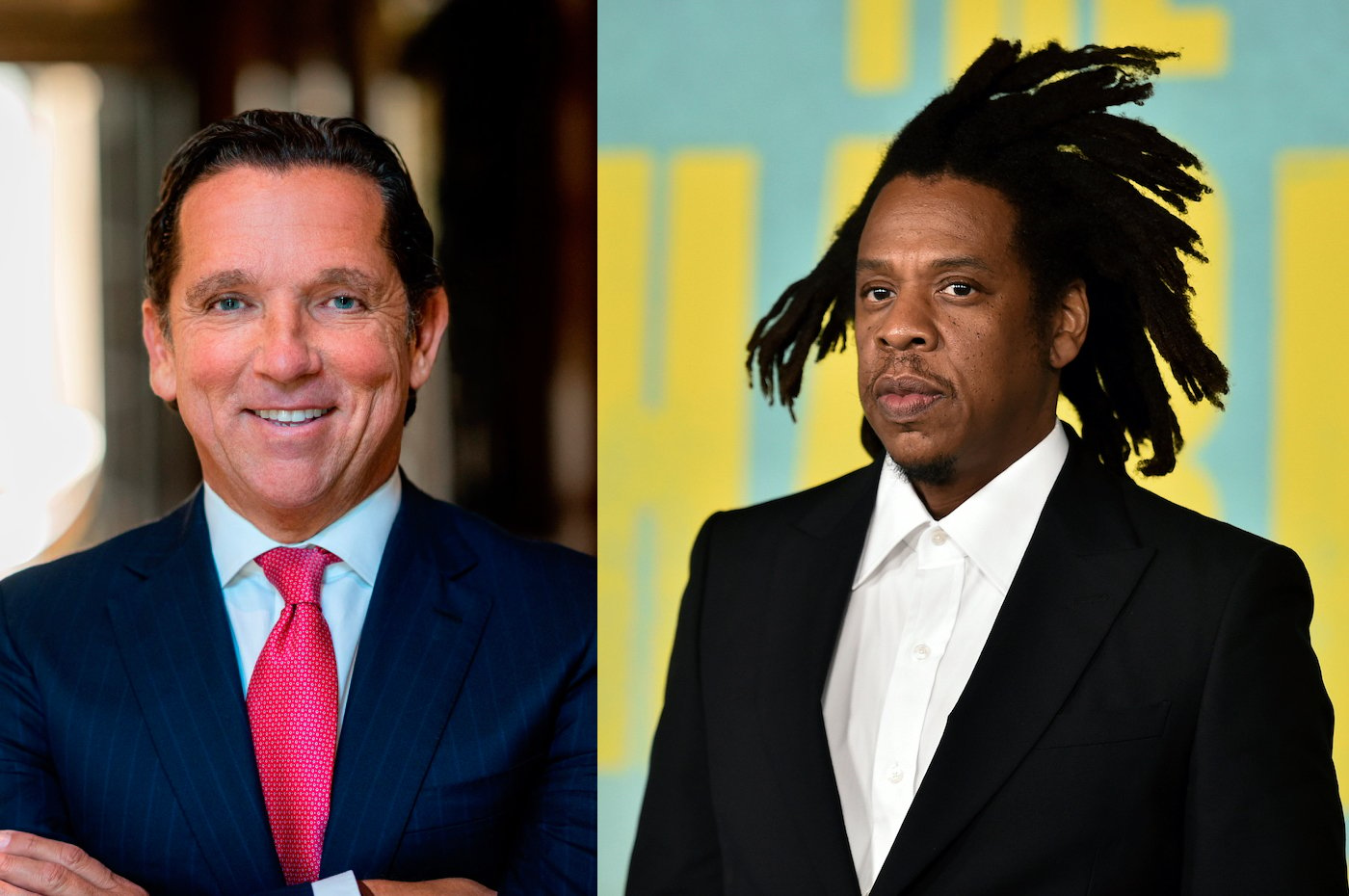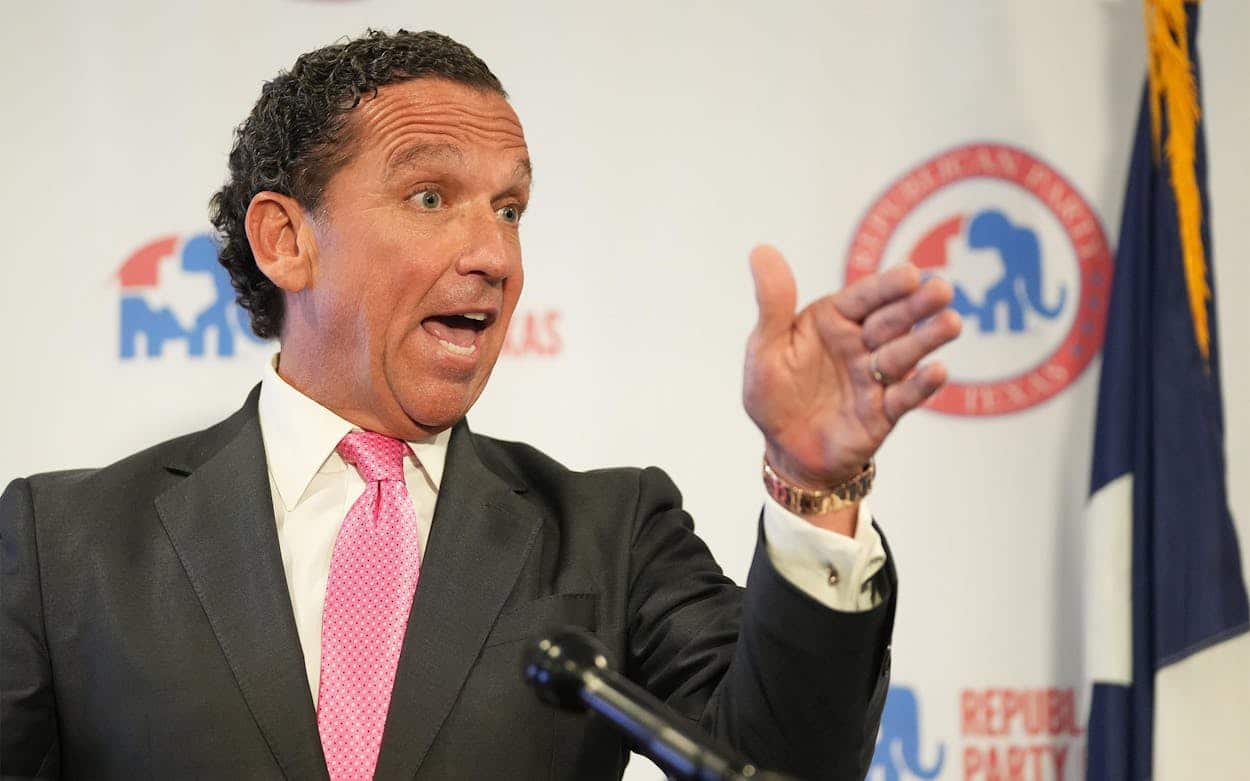Table of Contents
Spiro Confirms Immediate Appeal Plans
Jay-Z’s well-known lawyer, Alex Spiro, has declared straightforwardly and officially that the famous musician is definitely in for a full-fledged legal battle in light of the adverse current court judgment. This pronouncement comes right on the heels of Jay-Z’s major legal letdown, which did happen quite recently on Monday when Los Angeles County Superior Court Judge Mark Epstein handed down a penetrating judgment that absolutely threw out Jay-Z’s case. The latter was, in fact, a lawsuit against Tony Buzbee, an attorney from Texas who was being prosecuted for a series of allegations, including extortion and defamation.

Furthermore, in the official written ruling document, which was subsequently obtained and reviewed by Rolling Stone magazine, Judge Epstein made a notable admission. He explicitly stated he was not entirely satisfied or fully content with the final decision he felt compelled to reach in this complex case. Significantly, he openly suggested that the higher legal authority, specifically the California Court of Appeal, would be the appropriate body to ultimately review and definitively determine whether his legal reasoning and conclusion were actually correct or incorrect.
Judge Epstein’s Detailed Ruling Analysis
Moreover, within the text of his detailed ruling, Judge Epstein carefully outlined the core reasons justifying the dismissal. He specifically pointed out a critical element missing from the communications involved: “There is no clear, explicit demand made for a particular sum of money within the letters sent,” Judge Epstein wrote, although he quickly clarified that this absence alone was insufficient grounds to protect those specific letters from potential legal consequences under the claims filed. He then identified what he considered the fundamental problem undermining Jay-Z’s extortion claim: “The central difficulty for Mr. Carter [Jay-Z] stems from the fact that the request for mediation pertains solely and exclusively to the underlying sexual abuse allegations which form the basis for a potential future civil lawsuit, and absolutely nothing else beyond that specific subject matter.”
Judge Epstein emphasized this narrow focus, adding, “Critically, the communications contain no extraneous, unrelated, or additional allegations concerning publicizing other potentially unsavory or damaging information unrelated to these specific claims about Mr. Carter. Furthermore, there are no expressed promises or guarantees included within these communications stating that Mr. Buzbee or his clients would refrain from going directly to law enforcement authorities if Mr. Carter ultimately agreed to participate in mediation and subsequently reached a financial settlement agreement resolving the civil dispute.”
Distinguishing Civil Settlement from Criminal Extortion
Finally, Judge Epstein proceeded to draw a crucial legal distinction essential to his decision. He elaborated further in his ruling: “While it remains true that the alleged conduct described within the lawsuit could potentially constitute criminal activity under certain interpretations,” he wrote, “the defendants involved in this case fall demonstrably short of meeting the necessary legal threshold for extortion. Specifically, they did not explicitly threaten to report these allegations to the police unless Mr. Carter immediately paid them a specified sum of money.” The judge explained the legal boundary clearly: “Attempting to sell complete silence specifically regarding reporting potential crimes to law enforcement authorities in exchange for money unquestionably constitutes criminal extortion under the law.
However, in this particular instance, there exists no such express promise of silence concerning criminal reporting contained within the communications presented as evidence. Conversely, negotiating silence purely within the context of a potential civil lawsuit settlement – meaning agreeing not to publicly discuss the settled civil claims in exchange for monetary compensation – does not legally qualify as extortion; instead, this type of agreement fundamentally represents a standard civil settlement negotiation that simply includes a common confidentiality or non-disclosure provision as one of its standard terms.”
Prior Representation and Jay-Z’s Allegations
Previously, Tony Buzbee acted as the legal representative for an anonymous individual identified as Jane Doe, who had made serious accusations against “Jay Z and Sean Diddy Combs”, claiming she was sexually assaulted at a party in New York City when she was only thirteen years old. Afterwards, after this anonymous woman decided to withdraw her legal case last year, Jay-Z initiated his own lawsuit directly targeting Attorney Buzbee. Consequently, within this legal action, Jay-Z asserted and claimed that Buzbee, acting through his communications and demands related to the now-dropped sexual assault case, had allegedly attempted to unlawfully extort money from him. This formed the core basis for Jay-Z’s legal complaint against the lawyer.
Spiro’s Reaction to the Ruling Dismissal

Additionally, after Judge Epstein dismissed the case, Jay-Z’s Managing Attorney, Alex Spiro, communicated with Rolling Stone in an extended statement and made clear that the opposing party has a fundamental dispute with the decision. Spiro explicitly stated, “We are genuinely surprised and deeply disappointed by this specific ruling.” He then elaborated on the perceived legal error, explaining that the dismissal “fundamentally turns on the misapplication of established California law” specifically concerning “the admissibility of crucial statements made by the investigators” hired by Jay-Z’s team. Spiro emphasized a key point from the ruling itself, noting, “Importantly, the Judge expressly states within his written decision that his ultimate conclusion would have ‘changed dramatically’.”
He clarified this pivotal conditional statement, quoting the judge: this dramatic change would have occurred only “if he had formally admitted those specific investigator statements into evidence during the proceedings.” According to Spiro’s interpretation of the judge’s own words, admitting that evidence would have demonstrated “‘not only that Carter had nothing to do with any sexual assault on Doe, but that Tony Buzbee knew it…'” and, critically, under that hypothetical scenario, “‘the court would come out the other way on this motion,'” meaning the motion to dismiss the case would likely have been denied.
Confirmation of Appeal Plans
Finally, concluding his formal response to the media, Alex Spiro definitively confirmed the next legal step. He announced unequivocally that Jay-Z’s legal team fully intends to challenge Judge Epstein’s dismissal ruling by filing a formal appeal with a higher court. This appeal will seek a review and potential reversal of the lower court’s decision, aiming to reinstate Jay-Z’s extortion and defamation lawsuit against Tony Buzbee based on the arguments concerning evidence admissibility and the interpretation of extortion law as applied to the communications surrounding the withdrawn Jane Doe allegations and the subsequent mediation request.



